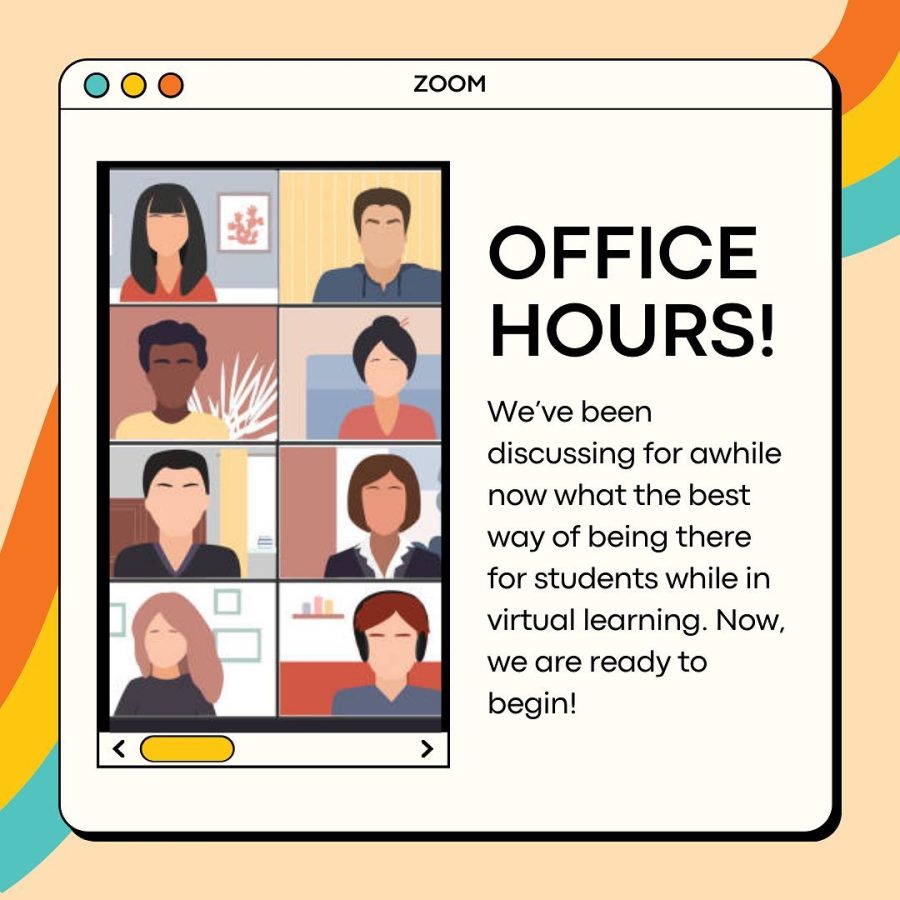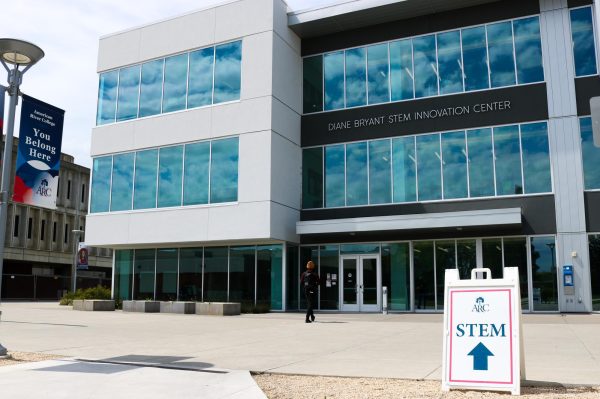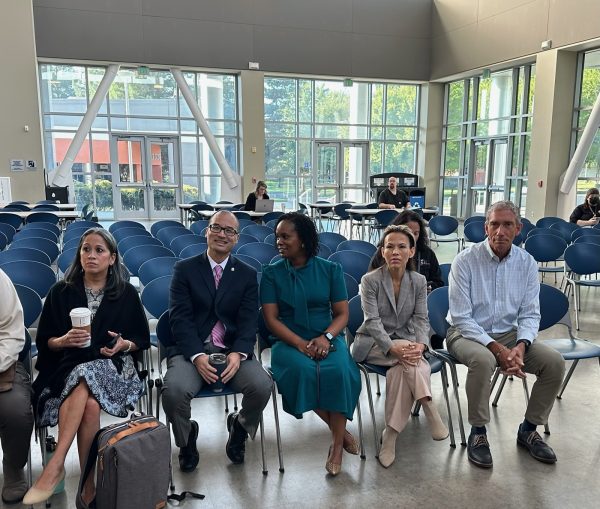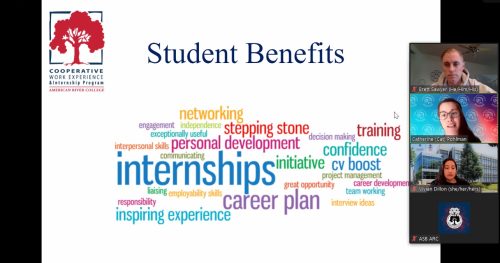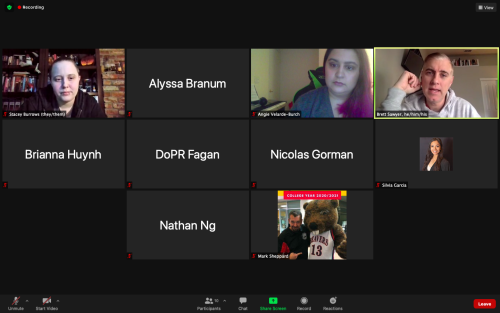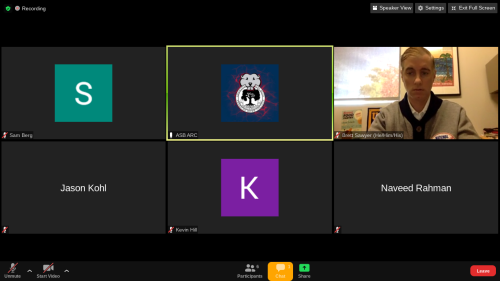ASB votes to start office hours
ASB meeting included a presentation on how to evaluate sources
During the Associated Student Body meeting on Nov. 5, 2021, at American River College, the board addressed questions and concerns about how they would let students know their availability for office hours in the future. (Screenshot via ARC’s ASB’s Instagram)
The Associated Student Body of American River College voted to hold office hours in its Nov. 5 meeting. They were also joined by librarian Sarah Lehmann, who gave a presentation on how to appropriately evaluate sources and information, along with what the ARC library has to offer.
The meeting started with ASB president Stacy Burrows talking about a previous meeting with two other districts’ colleges to discuss drafting a statement of support of the Asian Pacific Islander community, because of the recent anti-Asian sentiment.
“There was a suggestion that boards of the college form ad hoc committees to hold town halls and conduct outreach at different campuses,” Burrows said.
This opened up the discussion of the chair’s message.
During last week’s meeting, ASB tabled the discussion about having office hours and it was moved to the club’s next agenda.
According to ASB’s Instagram, office hours is a time where students can bring an issue to a specific board member.
Burrows sent a calendar in Google Sheets for students to input their availability, and Brett Sawyer, the ASB advisor, offered to put their schedule directly on the ARC website.
Burrows opened up a discussion of unfinished business to confirm a date to start office hours.
However, there was some concern about how they were going to let students know if they were not available before or after a certain point.
“For example, if it is shared on Instagram or the website, we could add a note when that specific officer’s dates will be starting and all others effective immediately,” Burrows said.
The board motioned a roll call vote to start ASB office hours on Nov. 14. The vote passed with six “yes” votes and one “no”.
The meeting moved on to a presentation by Lehmann, who focused on the key points of how to know if a source is trustworthy and why it is important to research to make sure a source is credible.
“No one source can give you the absolute truth in a topic and you want to keep in mind that credibility so to speak is like a spectrum, and pieces of information that may be helpful in one context aren’t helpful in others,” Lehmann said.


